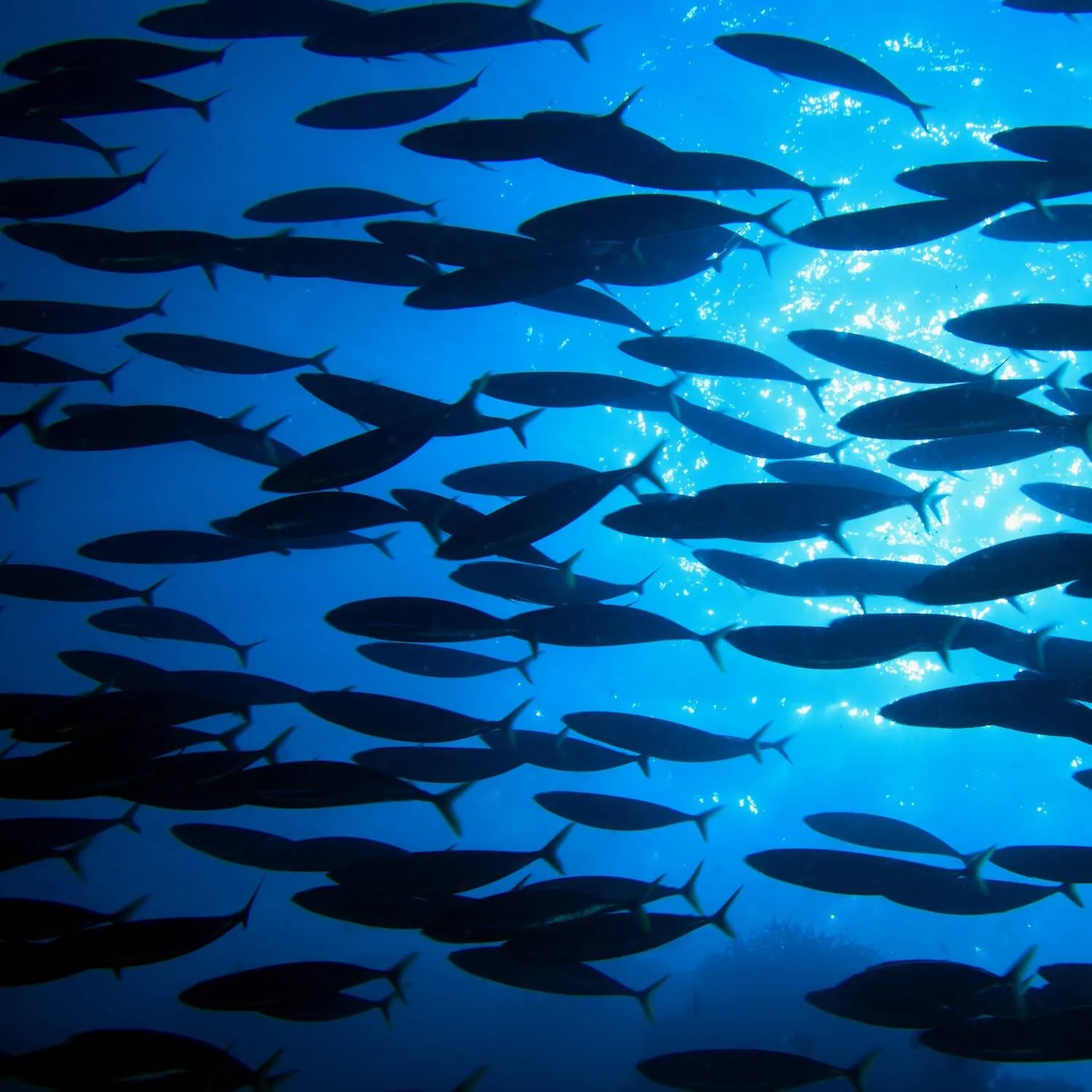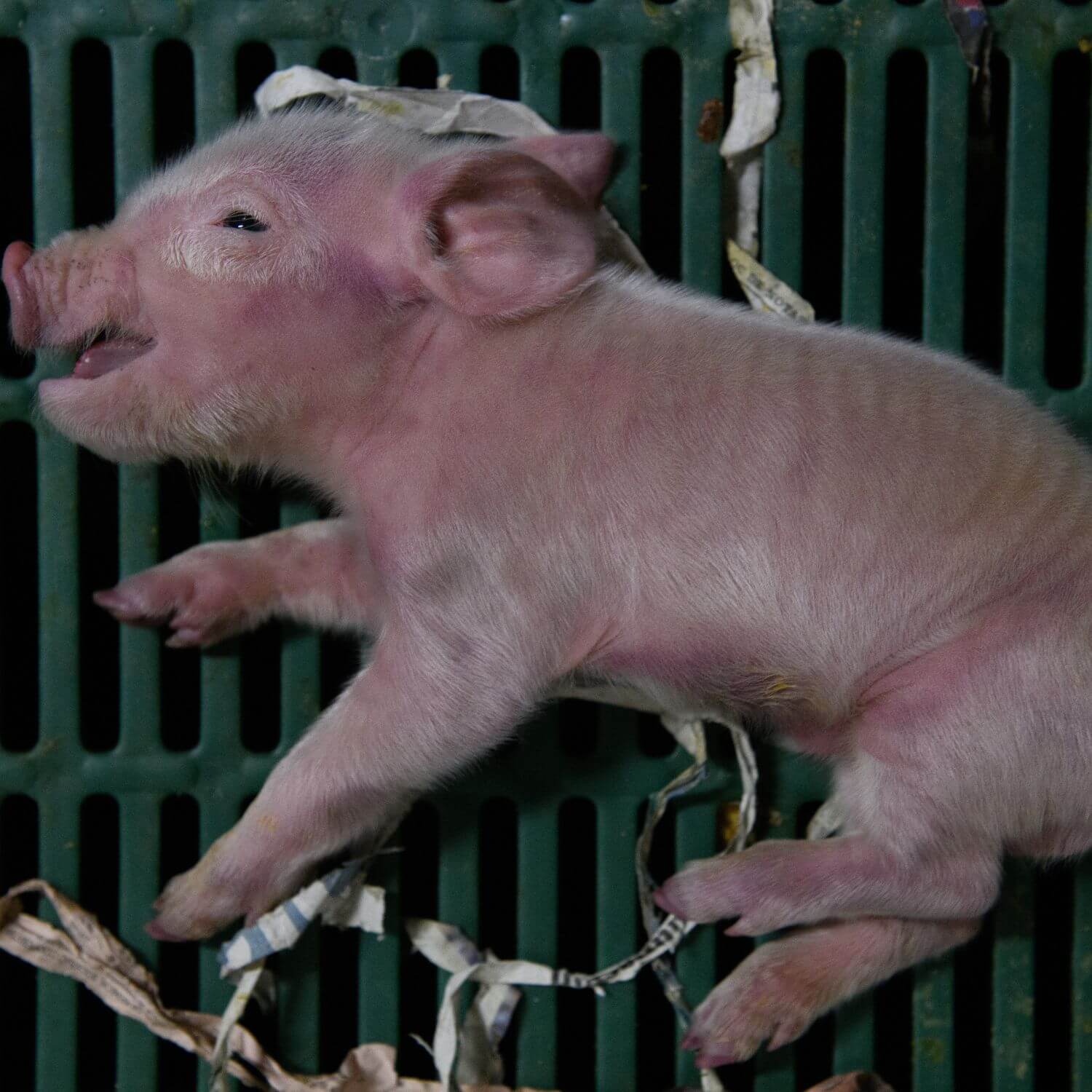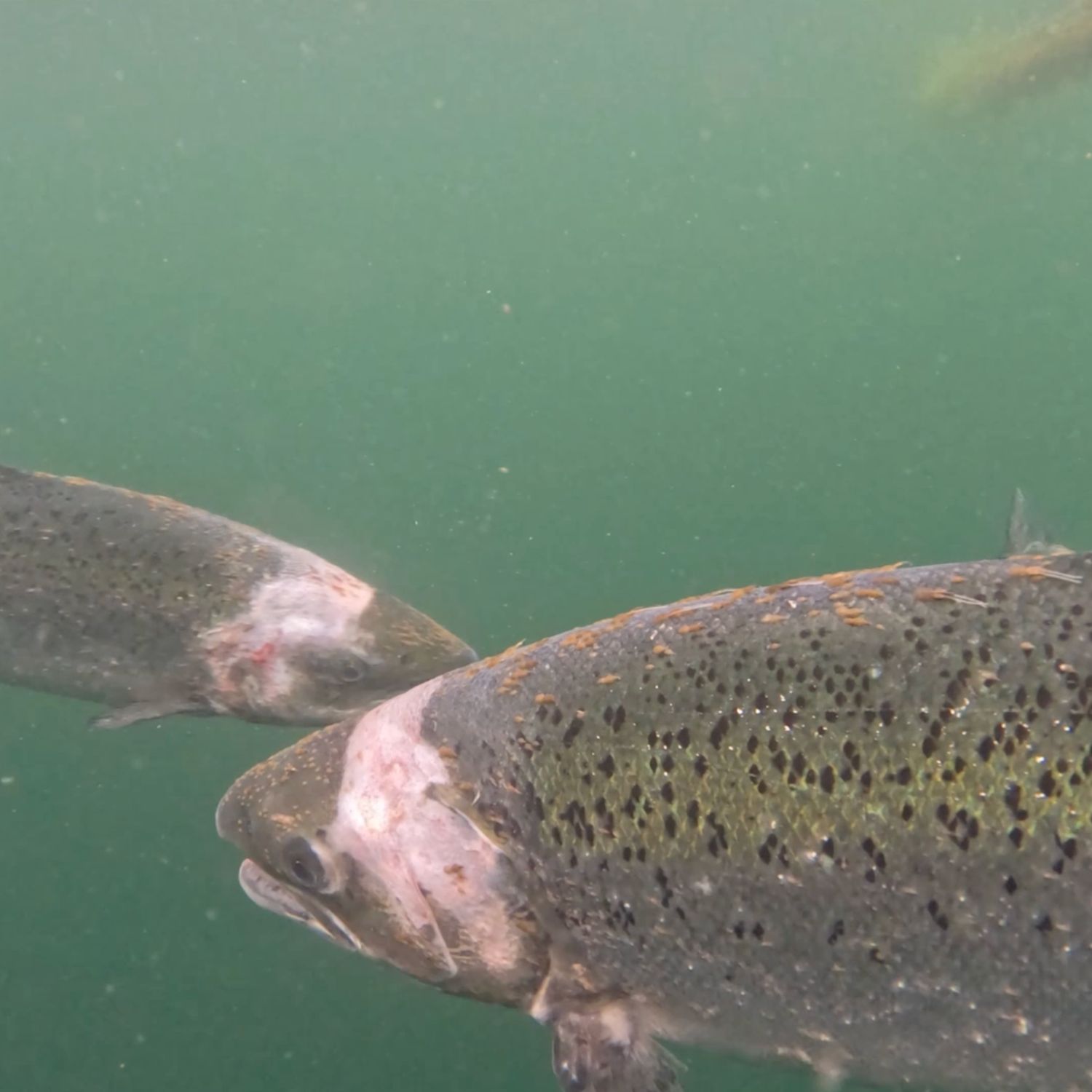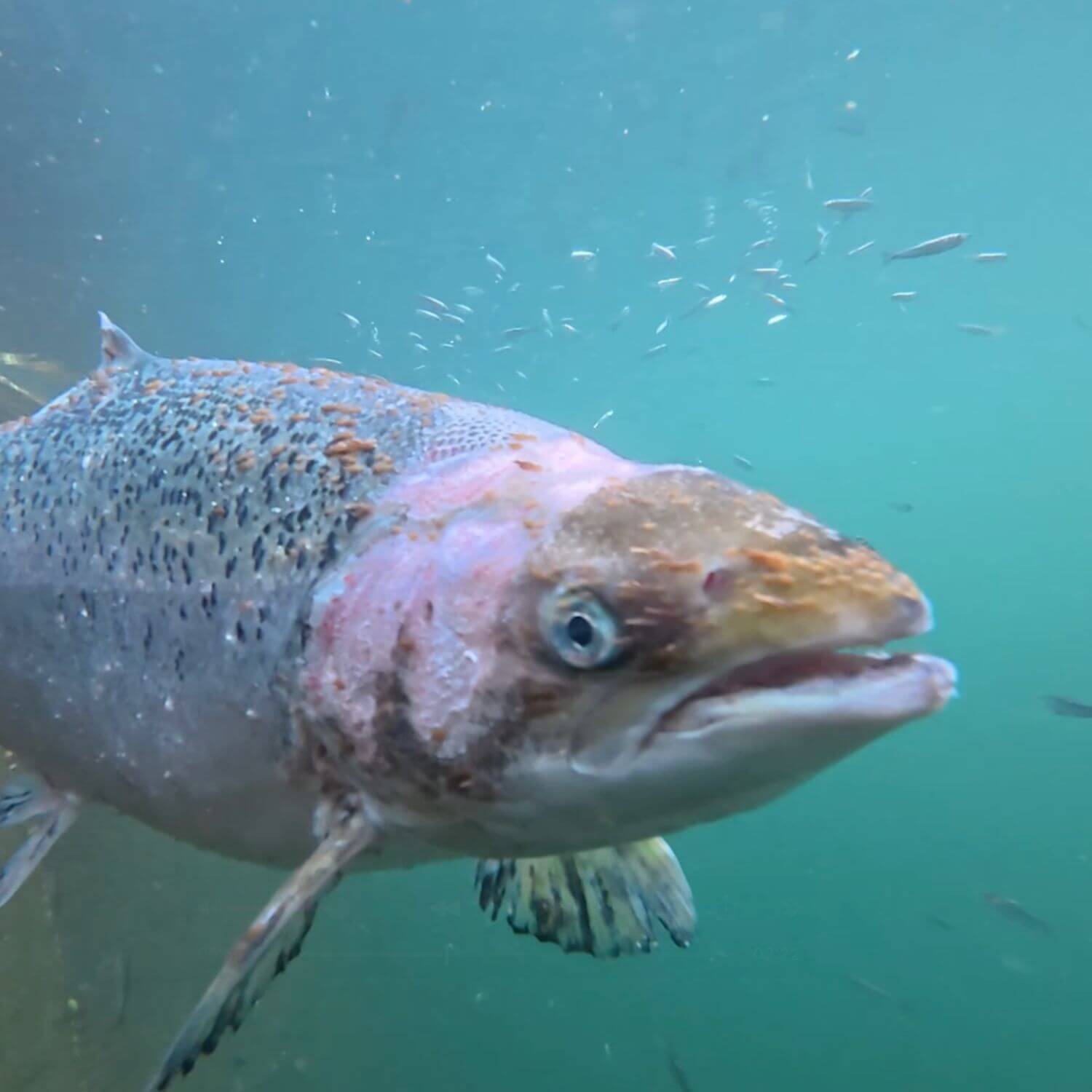First-Of-Its-Kind Roundtable Event Marks Historic Moment As Farmed Fish Recognised In Parliament For The First Time
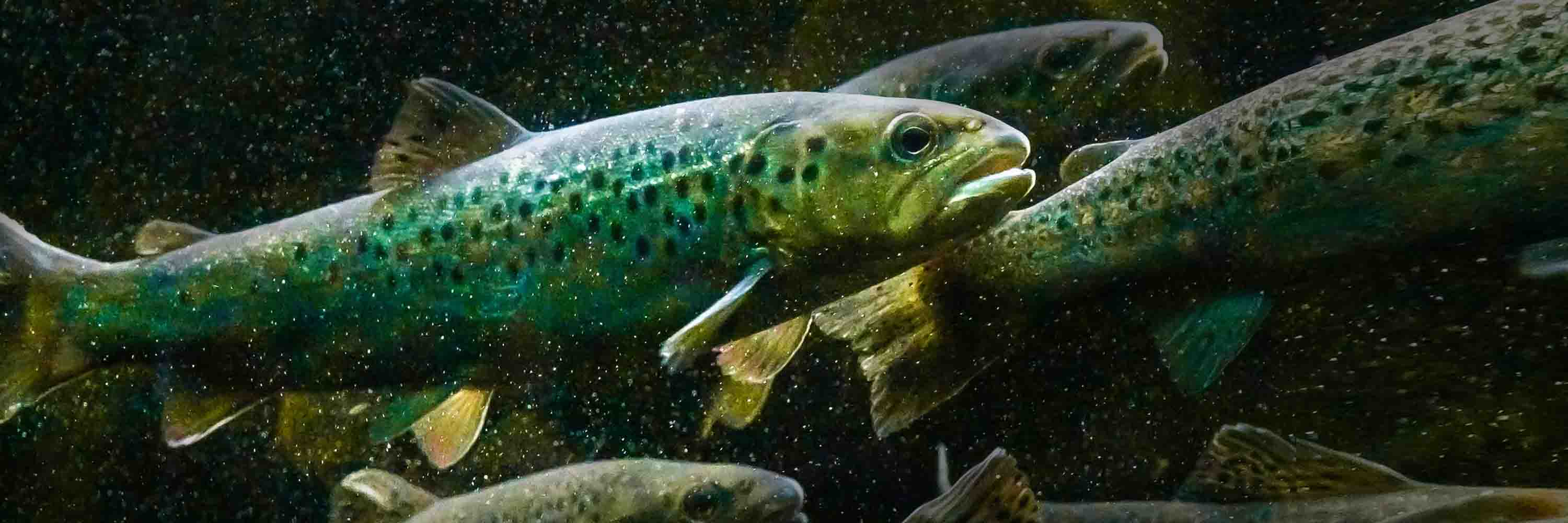
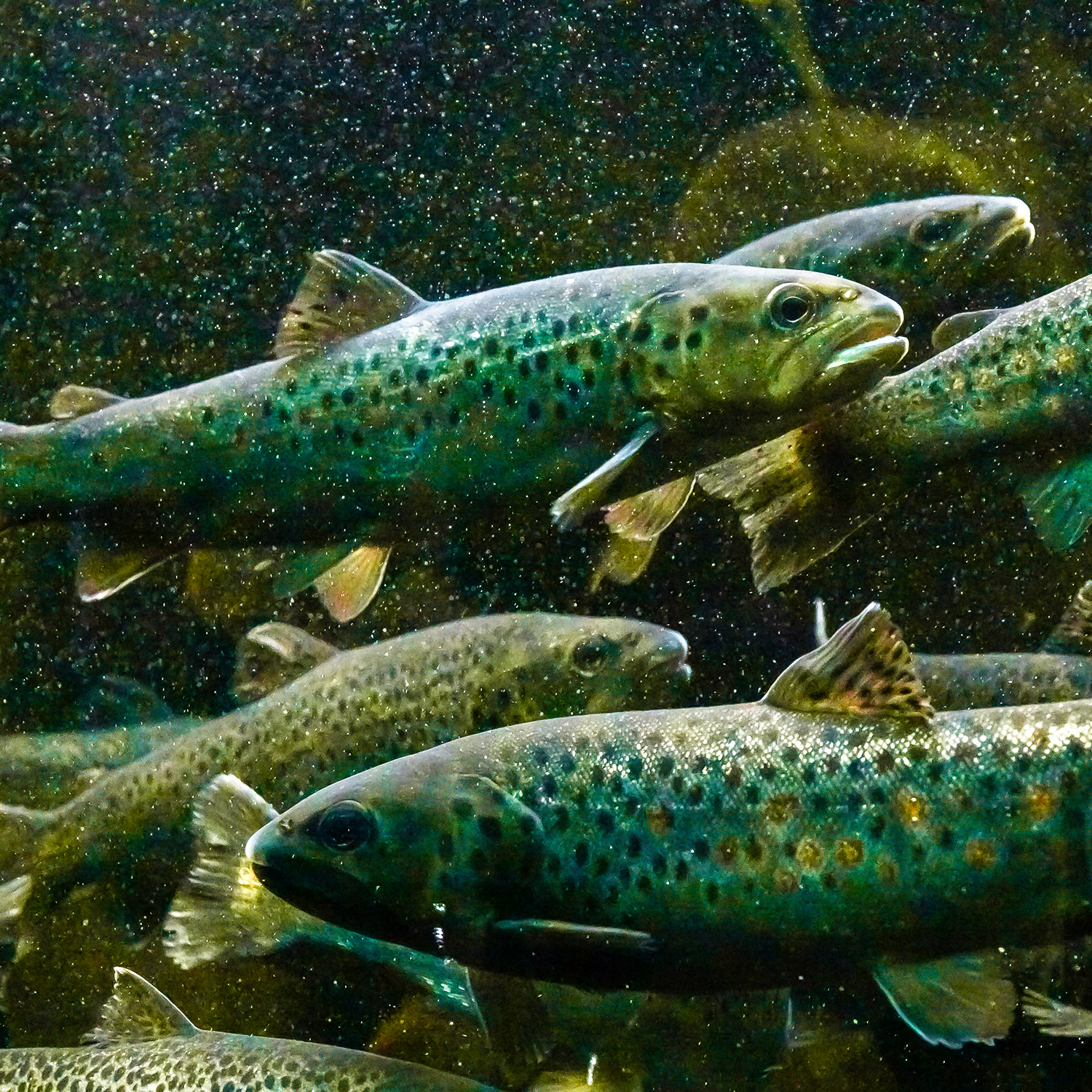
On the 13th of July, a first-of-its-kind Parliamentary roundtable event to discuss fish welfare was held and chaired by leading veterinary expert Lord Trees. The session – coordinated by the All-Party Parliamentary Group on Animal Welfare, for which Lord Trees currently serves as co-chair – looked to discuss ‘increasing welfare protections for farmed fish’.
Lord Trees is a leader in his field and has served as the former President of the Royal College of Veterinary Surgeons and Vice-President at the European Veterinary Parasitology College.
He is widely recognised around the world for his contributions to both veterinary and tropical disease research.
I am pleased to be hosting this first Parliamentary meeting on this important subject. It provides an opportunity for discussion between welfare bodies, the industry, Parliamentarians, and other stakeholders to play a part in shaping improvements for the welfare of tens of millions of fish every year.
Lord Trees, Working Peer in the House of Lords and Co-Chair of the All-Party Parliamentary Group on Animal Welfare
Speakers of the session included industry figures, veterinarians and animal advocates, and involved representatives from Animal Equality UK, Conservative Animal Welfare Foundation, The Humane League UK, and RSPCA.
Among the topics discussed were the current state of legislative affairs for fish, the need for increased oversight and enforcement of laws, the role of certification schemes, current standards in practice and a veterinary perspective.
Fish Welfare In The UK
The UK rears and slaughters up to 77 million fish each year, with Atlantic salmon, trout and other aquatic animal species farmed in significant numbers.
There is growing recognition within the global scientific community that fish, cephalopods and decapods are able to experience pleasure and pain, much like cows, pigs, chickens and other farmed land animals who receive detailed welfare protections at the time of killing.
Despite this, aquatic animals receive very few protections under the law in the UK. They do not currently have specific provisions covering them under The Welfare of Farmed Animals at the Time of Killing (WATOK) Regulations, nor are there any statutory codes of practice or official guidance for the welfare requirements of farmed aquatic animals in the UK. The UK subscribes to the World Organisation for Animal Health’s ‘Aquatic Animal Health Code’, which makes several prescriptions for WATOK and states that ‘effective stunning should be verified by the absence of consciousness.’
The footage evidence obtained by Animal Equality and other animal advocacy organisations show that these standards are not being met and that there is not currently sufficient oversight of slaughter facilities to enforce these standards.
A Promising Conversation
Animal Equality was invited to join the Parliamentary meeting where we presented the findings of our investigation inside a salmon slaughterhouse operated by The Scottish Salmon Company as well as our recommendations.
It’s clear that there is a desperate need for increased legal protections and enforcement of those laws. The extreme suffering of fish is currently being exposed by animal protection organisations, including Animal Equality. Regular inspections and mandatory CCTV are vital to paint a clearer picture of what is truly currently going on in fish slaughterhouses. This is the very least that fish deserve
Jenny Canham, Campaigns & Public Affairs Specialist, Animal Equality UK
Speaking on the issue, Lord Trees said:
British people care deeply about animal welfare, and fish are sentient animals which nowadays are farmed and consumed in very large numbers. Whilst the aquaculture industry itself embraced external assurance schemes provided by the RSPCA and major retailers, there is an anomaly in that fish are not provided with the same levels of legal welfare protection as terrestrial farmed animals.
The Animal Welfare Committee is currently considering the issue of the welfare of farmed fish at the time of killing and is exploring the need for changes to current practice or legislation, marking an incredible milestone for farmed fish. The Committee’s findings are expected to be published later this year and will be submitted to the UK Government for consideration and legislative action.
Our Work On The Issue So Far
In February 2021, we released undercover footage captured from Arnish farmed fish abattoir, operated by The Scottish Salmon Company. The scenes showed fish having their gills painfully cut while conscious and being bludgeoned up to seven times before being successfully stunned at slaughter; many salmon were filmed falling to the ground and were left to asphyxiate.
Soon after, the Government admitted that there are no welfare-oriented inspections taking place in fish abattoirs across the UK.
As a result of lobbying efforts from animal protection organisations, prompted by Animal Equality’s investigation, the Animal Plant and Health Agency has since been instructed by the Scottish Government to conduct mandatory inspections into fish slaughterhouses for one year, with a view to potentially making inspections a permanent requirement.
In late 2021, Animal Equality and the Conservative Animal Welfare Foundation produced a joint report making a case for CCTV to be mandated in all UK fish slaughterhouses.
This ask is supported by 25 of the world’s leading aquatic animal experts who signed an open letter to the Animal Welfare Committee in December 2021, calling for urgent action to be taken. Signatories include Dr Jonathan Balcombe, Author of ‘What a Fish Knows’; Dr Becca Franks of New York University; Professor Steven Harnad, Editor of Journal of Animal Sentience; Dr Lynne Sneddon of the University of Gothenburg; and Dr John Webster, Founder Member of the Farm Animal Welfare Council.
We launched a petition to gather public support for this ask. You can add your name and speak up for fish below.

